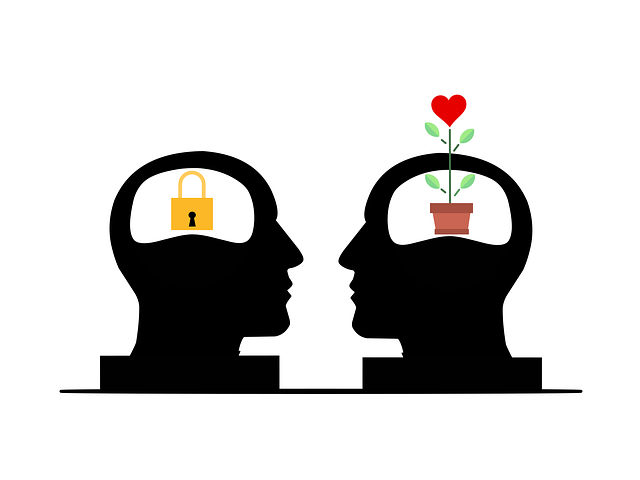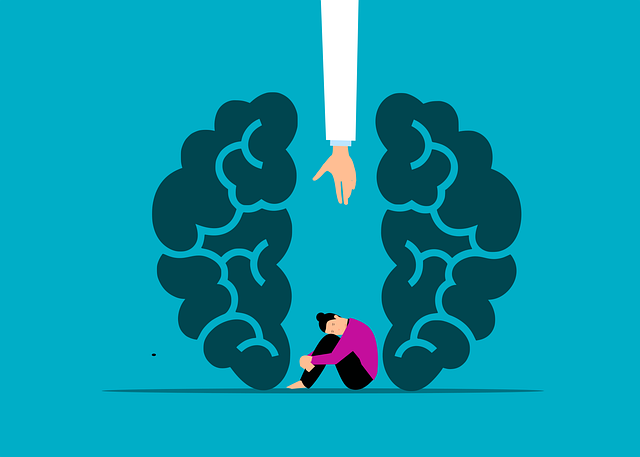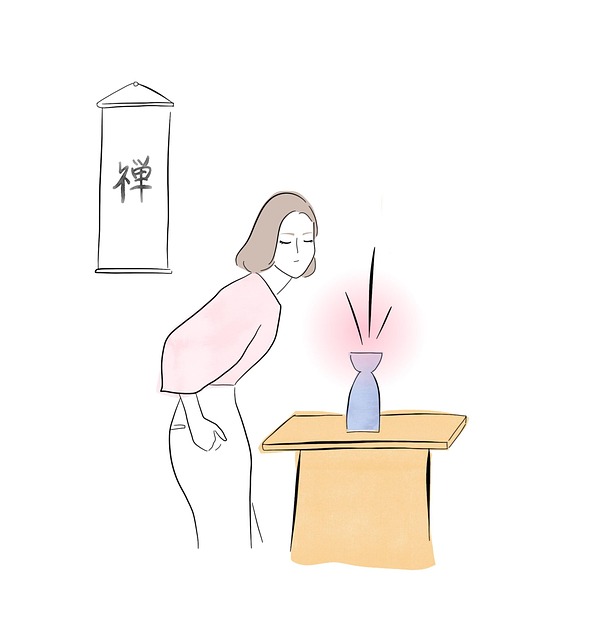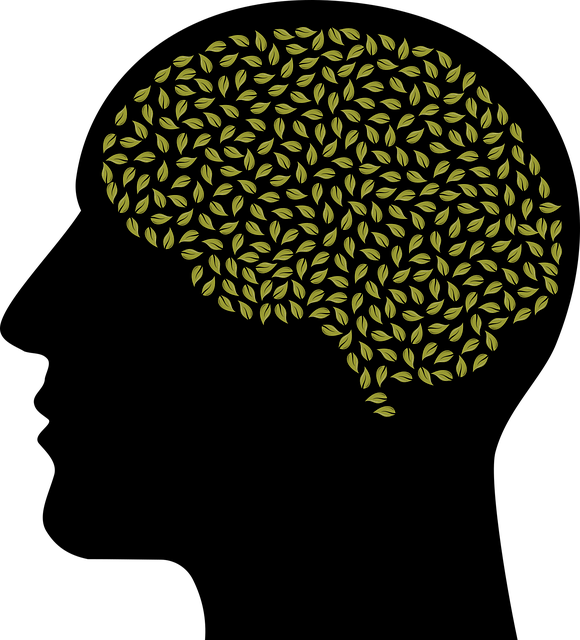Lone Tree Anger Management Therapy workshops effectively manage stress by teaching healthy coping mechanisms and mindfulness exercises like journaling. Structured with diverse participant needs in mind, these sessions include interactive activities like breathing exercises for immediate relief. Creating safe, non-judgmental environments encourages sharing and peer learning. Integrating these techniques addresses underlying anger issues contributing to stress, leading to improved mood management and anxiety relief through deeper insights into triggers. Ongoing commitment with follow-up sessions, educational resources, and access to Trauma Support Services sustains progress, while additional mindfulness workshops promote personal growth and a healthier community.
Stress management workshops are essential tools for promoting well-being in both personal and professional settings. In this article, we explore effective strategies for designing and implementing workshops that mitigate stress. We delve into the profound impact of chronic stress on mental health, drawing particular attention to the benefits of Lone Tree Anger Management Therapy programs. By understanding these principles, organizations can foster healthier environments, enhancing productivity and overall employee satisfaction.
- Understanding Stress and Its Impact on Well-being
- Designing Effective Stress Management Workshops
- Implementing and Sustaining Lone Tree Anger Management Therapy Programs
Understanding Stress and Its Impact on Well-being

Stress is a universal experience that can stem from various sources and manifest in different ways. It’s essential to understand that stress isn’t always negative; it can serve as a motivator, triggering our ‘fight or flight’ response when faced with challenges. However, chronic or prolonged stress can significantly impact overall well-being. This is where Lone Tree Anger Management Therapy workshops play a pivotal role. They offer valuable tools and insights into managing stress effectively.
Attending such workshops encourages individuals to develop healthier coping mechanisms and foster mental health awareness. Through interactive sessions, participants learn about self-care practices and gain guidance on engaging in mindfulness exercises like journaling, which can help them process emotions and promote mental wellness. By addressing stress at its root, these workshops empower attendees to create lasting positive changes in their lives.
Designing Effective Stress Management Workshops

Effective stress management workshops require a structured approach tailored to diverse participant needs. Incorporating interactive activities, such as breathing exercises and mindfulness techniques, empowers individuals with immediate tools for coping with stress. Facilitators should create a safe, non-judgmental environment where participants feel comfortable sharing their experiences and learning from one another.
The integration of Lone Tree Anger Management Therapy techniques can significantly enhance these workshops. By addressing underlying anger management issues, which often contribute to stress, participants gain deeper insights into their triggers and develop healthier coping mechanisms. This holistic approach not only provides anxiety relief but also promotes mood management over the long term.
Implementing and Sustaining Lone Tree Anger Management Therapy Programs

In implementing Lone Tree Anger Management Therapy programs, a holistic approach is essential to ensure effectiveness and sustainability. The Stress Management Workshops Organization should focus on tailored interventions that address the root causes of anger, often interconnected with underlying issues like past traumas or stress. Providing a safe, supportive environment through group therapy sessions and individual counseling enables participants to develop healthy coping mechanisms. Techniques such as mindfulness meditation can be integrated into these programs to help individuals regulate their emotions and react more calmly in stressful situations.
Sustaining these programs requires ongoing commitment and diverse strategies. Regular follow-up sessions, educational resources on managing anger, and access to Trauma Support Services can reinforce learned skills. By offering additional workshops focused on mindfulness meditation as a stress management tool, the organization can empower participants to maintain their progress even after formal therapy ends. This comprehensive approach not only enhances personal growth but also contributes to a healthier, more resilient community.
Stress management workshops, such as those offering Lone Tree Anger Management Therapy techniques, play a vital role in enhancing well-being. By understanding the impact of stress and designing effective programs, organizations can foster healthier environments. Implementing these workshops and ensuring their sustainability is key to improving mental health and overall satisfaction among participants. This approach not only benefits individuals but also contributes to a more positive and productive work culture.













